A mutual fund manager plays a crucial role in the success of a mutual fund, tasked with making investment decisions that align with the fund’s objectives and investor expectations. They analyze financial markets, make strategic investment choices, and manage risk, all while aiming to maximize returns for investors. This article delves into the responsibilities, skills, impact, and influence of a mutual fund manager on Indian mutual funds, offering insights into how fund managers contribute to investment success.
Table of Contents
- Introduction to Mutual Fund Managers
- Role and Responsibilities of a Mutual Fund Manager
- Skills and Qualifications of a Successful Fund Manager
- Types of Mutual Fund Managers in India
- Impact of Fund Managers on Mutual Fund Performance
- Historical Performance of Top Mutual Fund Managers in India
- How Fund Managers Make Investment Decisions
- Comparing Active vs. Passive Fund Management
- Conclusion
1. Introduction to Mutual Fund Managers
A mutual fund manager is a financial professional responsible for overseeing a mutual fund portfolio, making investment decisions, and balancing risk and reward. They analyze economic trends, sector performances, and individual securities to select investments that align with the fund’s goals. In India, mutual fund managers are typically certified by SEBI (Securities and Exchange Board of India), ensuring a high level of expertise and commitment.
2. Role and Responsibilities of a Mutual Fund Manager
Fund managers carry out numerous responsibilities to maintain and grow a mutual fund’s assets:
- Portfolio Management: They select, buy, and sell securities to create a balanced portfolio.
- Risk Assessment: Evaluate and mitigate risks while balancing reward potential.
- Market Analysis: Regularly analyze financial markets, industries, and economic indicators.
- Investor Communication: Provide insights and regular reports to keep investors informed.
Their role involves managing both short-term and long-term investments, balancing the need for growth with capital preservation.
3. Skills and Qualifications of a Successful Fund Manager
Fund managers need a combination of education, certifications, and skills:
- Educational Background: Typically, fund managers hold degrees in finance, economics, or business administration.
- Certifications: In India, fund managers often have certifications such as CFA (Chartered Financial Analyst) and are registered with SEBI.
- Analytical Skills: They must analyze vast amounts of data to make informed decisions.
- Decision-Making: Strong decision-making skills are essential for timely investments and risk management.
- Adaptability: Ability to adapt to market changes, economic shifts, and evolving investor needs.
4. Types of Mutual Fund Managers in India
In India, fund managers specialize based on the fund type and investment strategy:
| Fund Manager Type | Specialization |
|---|---|
| Equity Fund Manager | Focuses on equity investments for growth |
| Debt Fund Manager | Specializes in fixed-income securities for stability |
| Hybrid Fund Manager | Balances both equity and debt for moderate growth |
| Sectoral Fund Manager | Invests in specific sectors like IT, banking |
| Index Fund Manager | Tracks market indices with passive management |
5. Impact of Fund Managers on Mutual Fund Performance
The skills and strategies of a fund manager significantly impact mutual fund performance. Skilled managers can outperform benchmarks, especially in actively managed funds, where managers use market insights and analysis to identify high-growth opportunities.
| Year | Average Performance (Top Managers) | Average Performance (General Funds) |
|---|---|---|
| 2019 | 12.5% | 10.0% |
| 2020 | 15.3% | 13.2% |
| 2021 | 22.0% | 18.0% |
| 2022 | -1.2% | -3.0% |
| 2023 | 11.8% | 9.5% |
Managers with strong analytical skills and market foresight tend to generate higher returns, adding value to investors’ portfolios.
6. Historical Performance of Top Mutual Fund Managers in India
India has seen exceptional fund managers who have consistently delivered high returns. Notable fund managers include Prashant Jain, known for his expertise in managing equity funds, and S Naren, who is highly regarded in hybrid and sectoral funds. Their historical performance has instilled confidence among investors, showing the influence an experienced fund manager can have on fund performance.
7. How Fund Managers Make Investment Decisions
Investment decisions are based on rigorous analysis, including:
- Economic Analysis: Assessing GDP growth, inflation, and interest rates.
- Sectoral Performance: Analyzing performance trends across various industries.
- Technical Analysis: Studying past market data to predict future price movements.
- Qualitative Assessment: Evaluating company leadership, corporate governance, and market position.
Mutual fund managers use a mix of fundamental and technical analysis to make balanced decisions, focusing on maximizing returns while minimizing risks.
8. Comparing Active vs. Passive Fund Management
In active management, fund managers actively select securities to outperform the market, while passive management simply replicates an index. Each approach has its advantages and risks, as shown below:
| Feature | Active Management | Passive Management |
|---|---|---|
| Management Style | Fund manager selects securities | Follows a specific index |
| Cost | Higher due to management fees | Lower expense ratio |
| Performance Potential | Potential to outperform the market | Matches market performance |
| Ideal for | Investors seeking higher returns | Conservative investors |
9. Conclusion
A mutual fund manager is the backbone of a mutual fund’s performance, with their expertise directly impacting investor returns. By making strategic investment decisions, assessing risk, and adapting to market changes, fund managers guide mutual funds toward achieving financial goals. Understanding the role and significance of mutual fund managers in the Indian market can help investors make informed choices, aligning their investments with managers who have a strong track record and the skills to navigate market complexities effectively.

What are Dividend Yield Mutual Funds?
Dividend yield mutual funds are designed for investors seeking a steady income source from their …

What Is Children’s Mutual Fund?
Children’s mutual funds are specially designed to help parents and guardians build a secure financial …

What are Alpha and Beta in Mutual Funds?
In mutual fund investing, understanding performance metrics like Alpha and Beta is essential for assessing …

Sovereign Gold Bonds vs Mutual Funds
For Indian investors seeking diverse investment opportunities, both Sovereign Gold Bonds (SGB) and mutual funds …
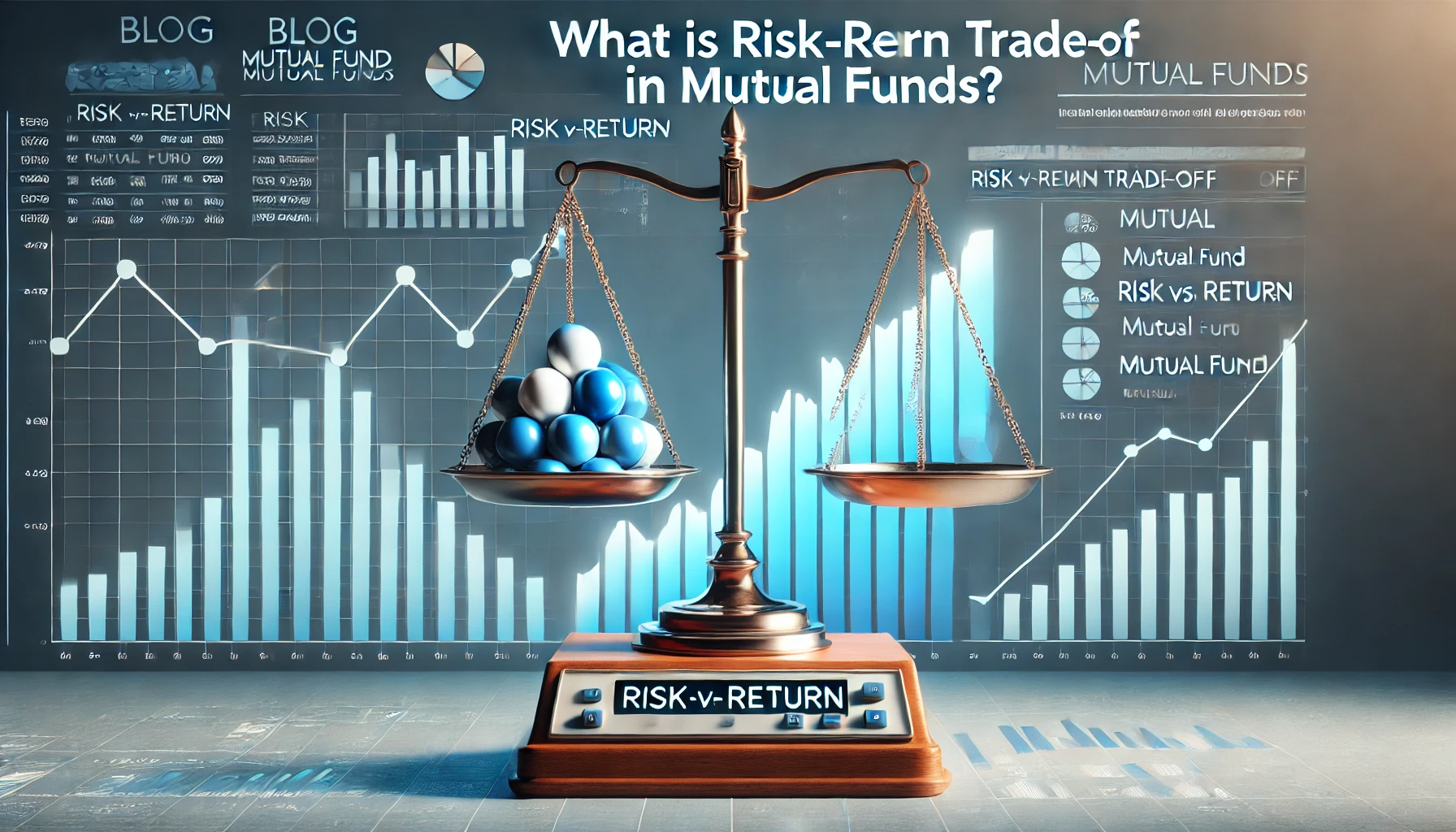
What Is Risk-Return Trade-Off in Mutual Funds?
In mutual fund investments, the risk-return trade-off is a fundamental concept that helps investors balance …

What is a Mutual Fund Manager?
A mutual fund manager plays a crucial role in the success of a mutual fund, …

Debt vs Equity Funds
Investing in mutual funds offers various avenues, with debt and equity funds standing out as …

What are the Different Types of Index Funds?
Index funds have gained popularity among Indian investors for offering a low-cost, diversified approach to …

What is CAMS KRA?
CAMS KRA (Computer Age Management Services KYC Registration Agency) is a crucial player in India’s …

What is Yield to Maturity?
Yield to Maturity (YTM) is a crucial concept in fixed-income investments, especially in mutual funds …

What are Thematic Funds?
In the Indian share market, Thematic Funds have gained popularity as specialized mutual funds tailored …
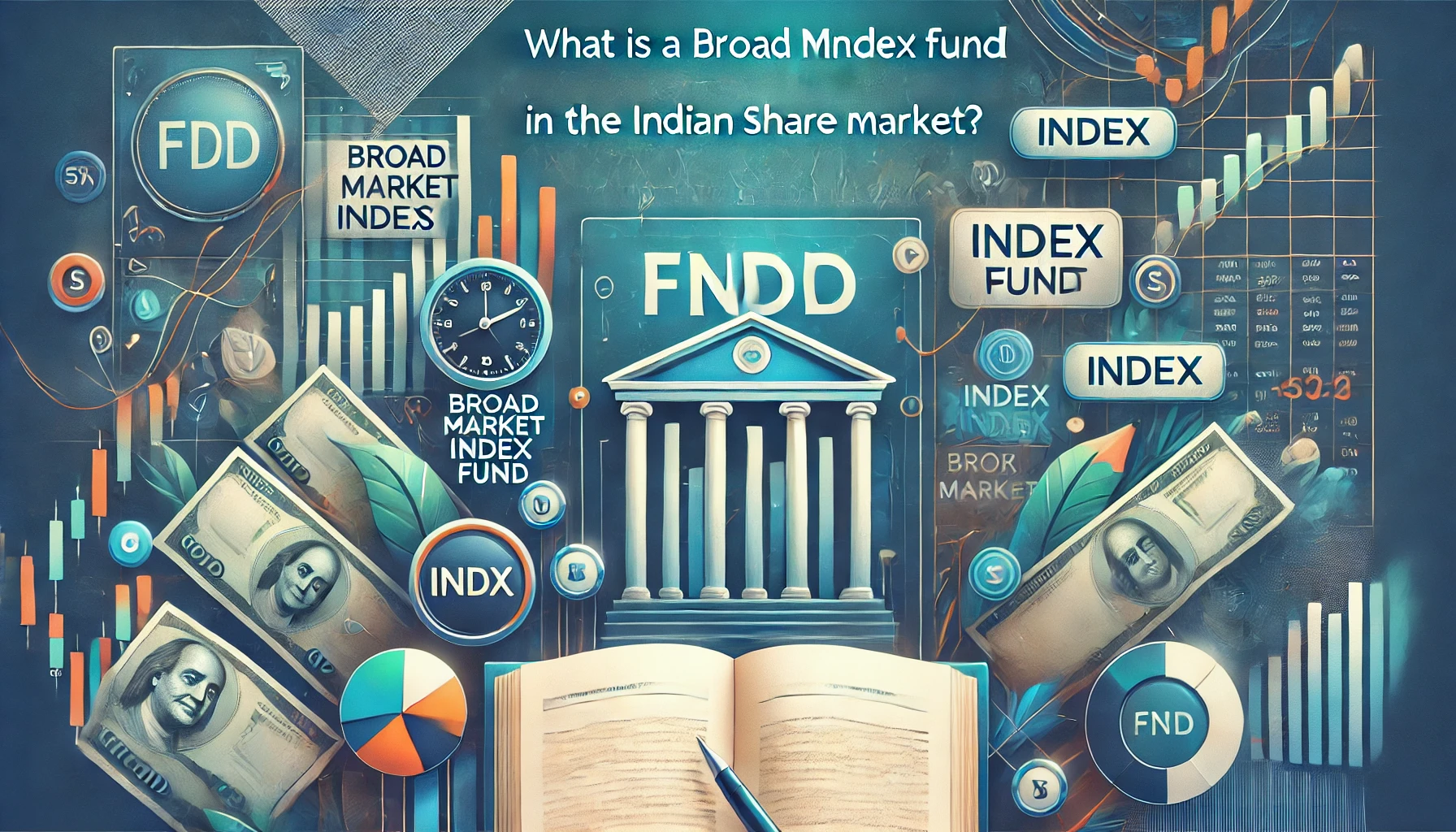
What is Broad Market Index Fund?
In the Indian share market, Broad Market Index Funds offer a straightforward, cost-effective way for …

What are Retail Fund?
In the Indian financial market, Retail Funds are a key category of mutual funds designed …

What is Regional Fund?
In the evolving landscape of the Indian financial market, Regional Funds have emerged as a …
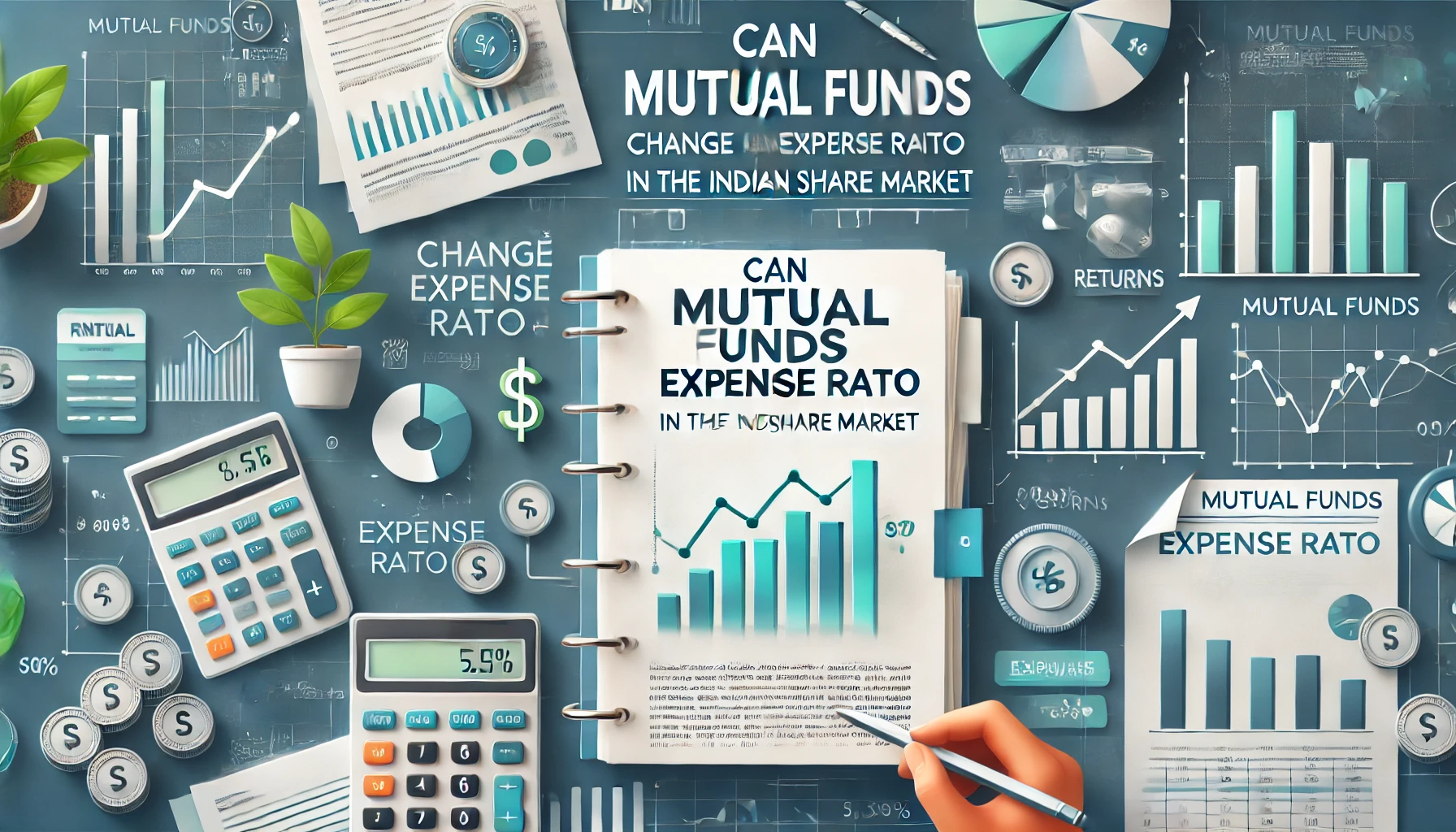
Can Mutual Funds Change Expense Ratio?
Investing in mutual funds involves paying various fees, one of the most important being the …

What is the Inverted Yield Curve?
In financial markets, the yield curve is a key indicator that investors and economists use …
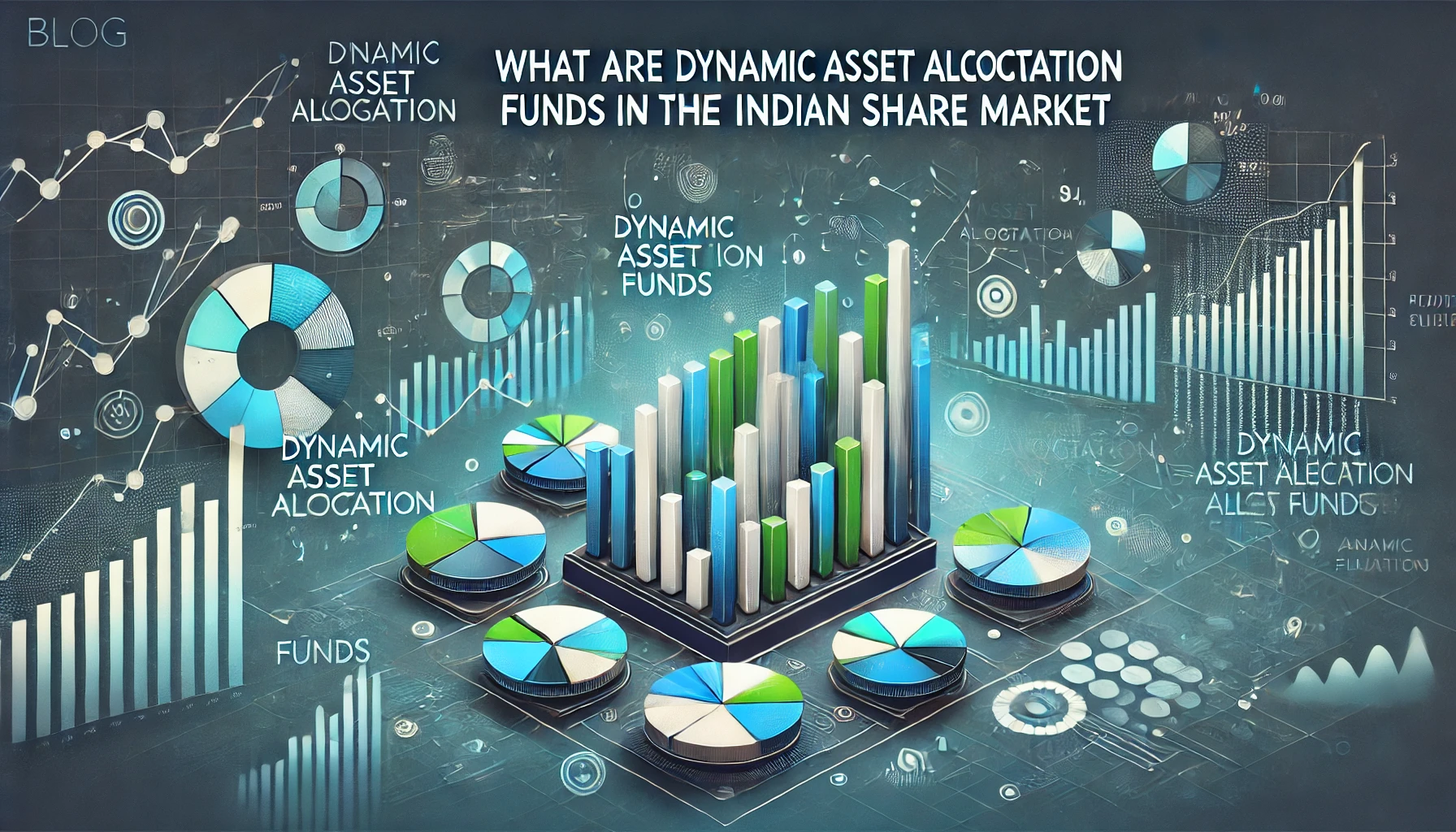
What are Dynamic Asset Allocation Funds?
Dynamic asset allocation funds, also known as balanced advantage funds, are becoming increasingly popular in …
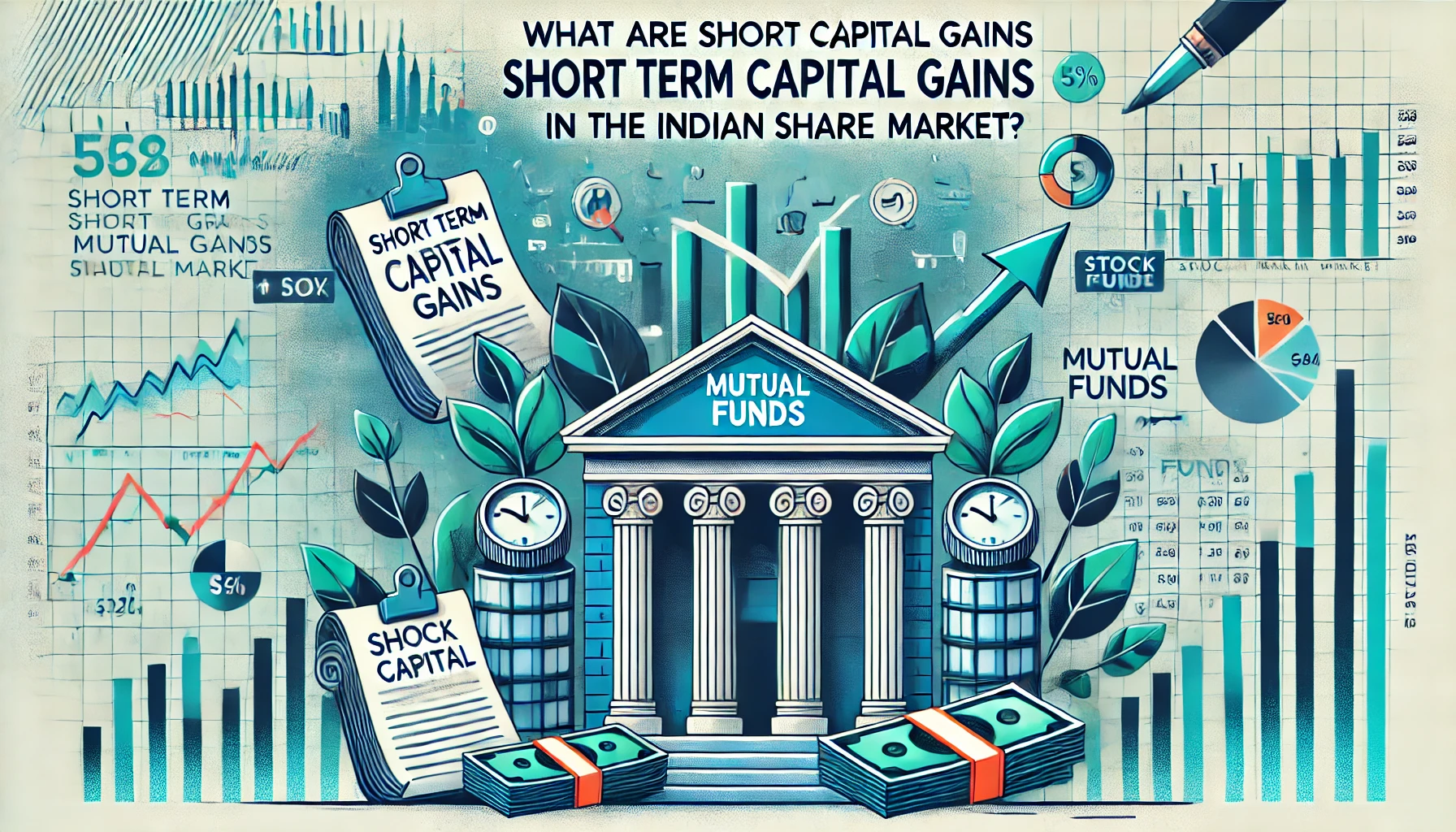
What are Short Term Capital Gains on Mutual Funds?
Investing in mutual funds has become an increasingly popular way for investors to diversify their …

What are Corporate Bond Funds?
Corporate bond funds are a type of debt mutual fund that invests primarily in high-rated …

What Are Money Market Funds?
Money Market Funds (MMFs) are a type of mutual fund that invests in short-term debt …

What is a Fund of Funds?
A Fund of Funds (FoF) is a mutual fund that invests in other mutual funds …

What is a Credit Risk Fund?
A credit risk fund is a type of debt mutual fund that primarily invests in …

What are Gold Funds?
Gold funds are a type of mutual fund that invests in gold-related assets, including gold …
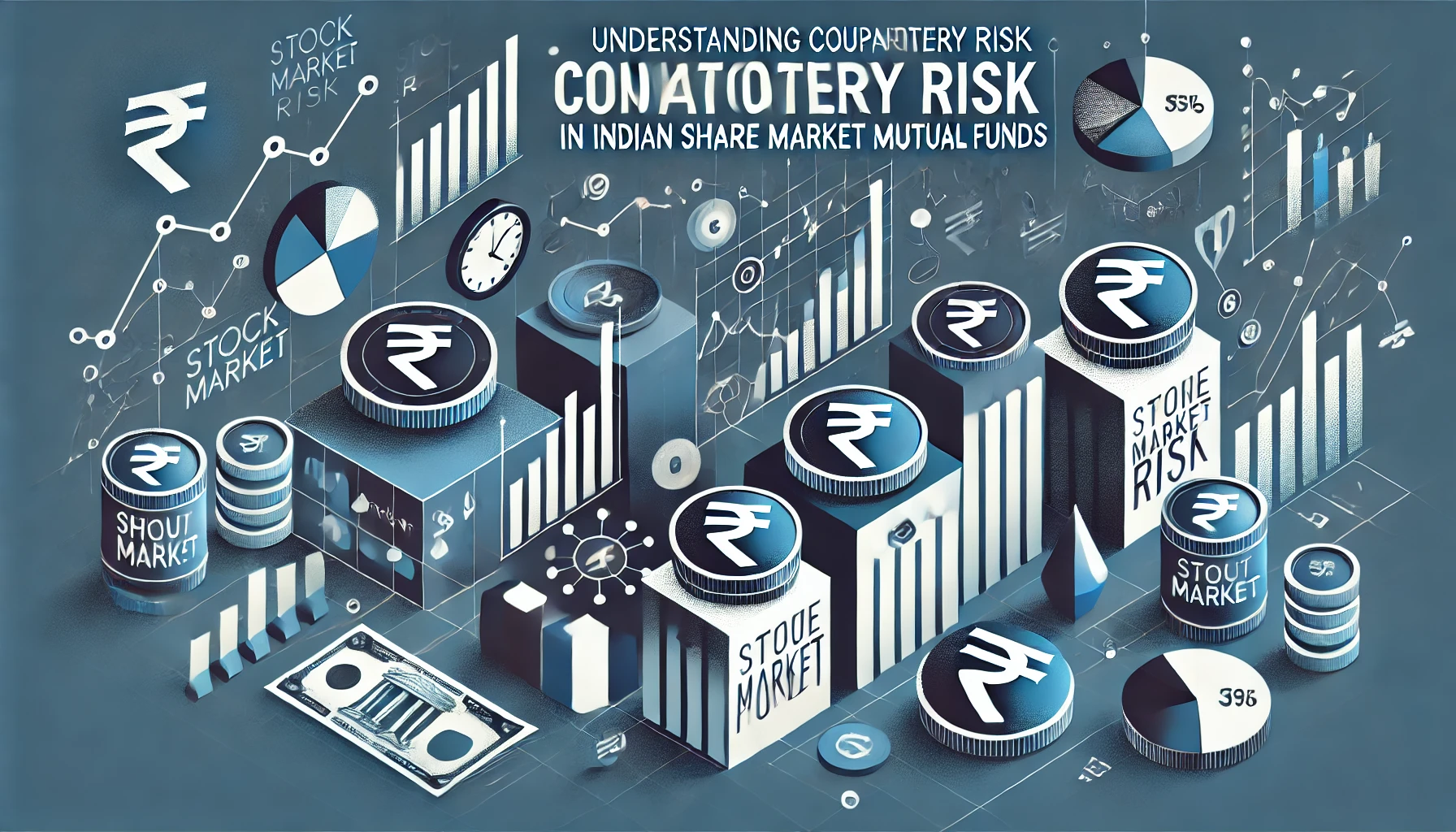
What is Counterparty Risk?
In the world of investments, especially in Indian share market mutual funds, the concept of …
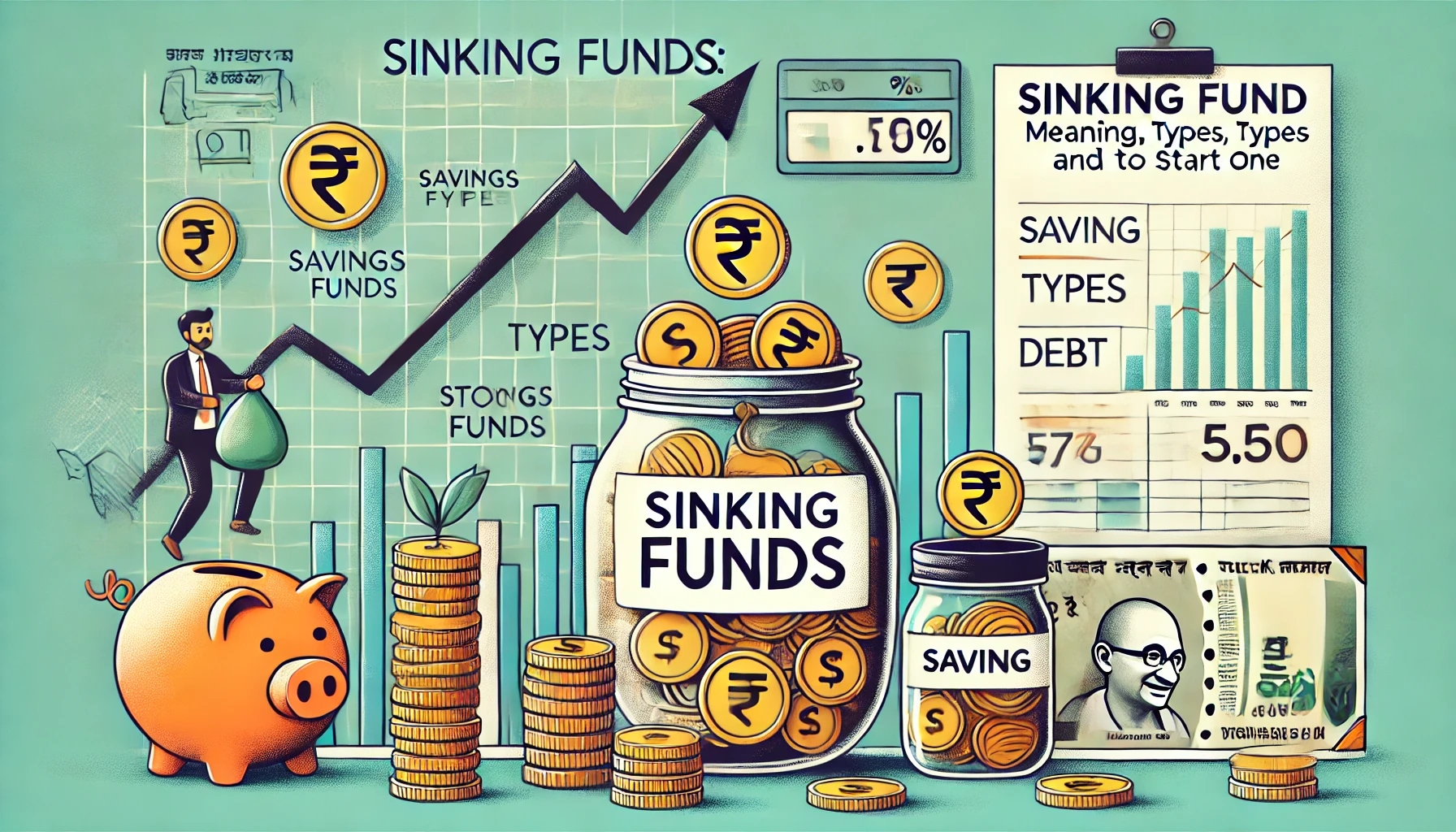
What is a sinking fund?
In the world of finance and investments, planning ahead for future liabilities is crucial for …
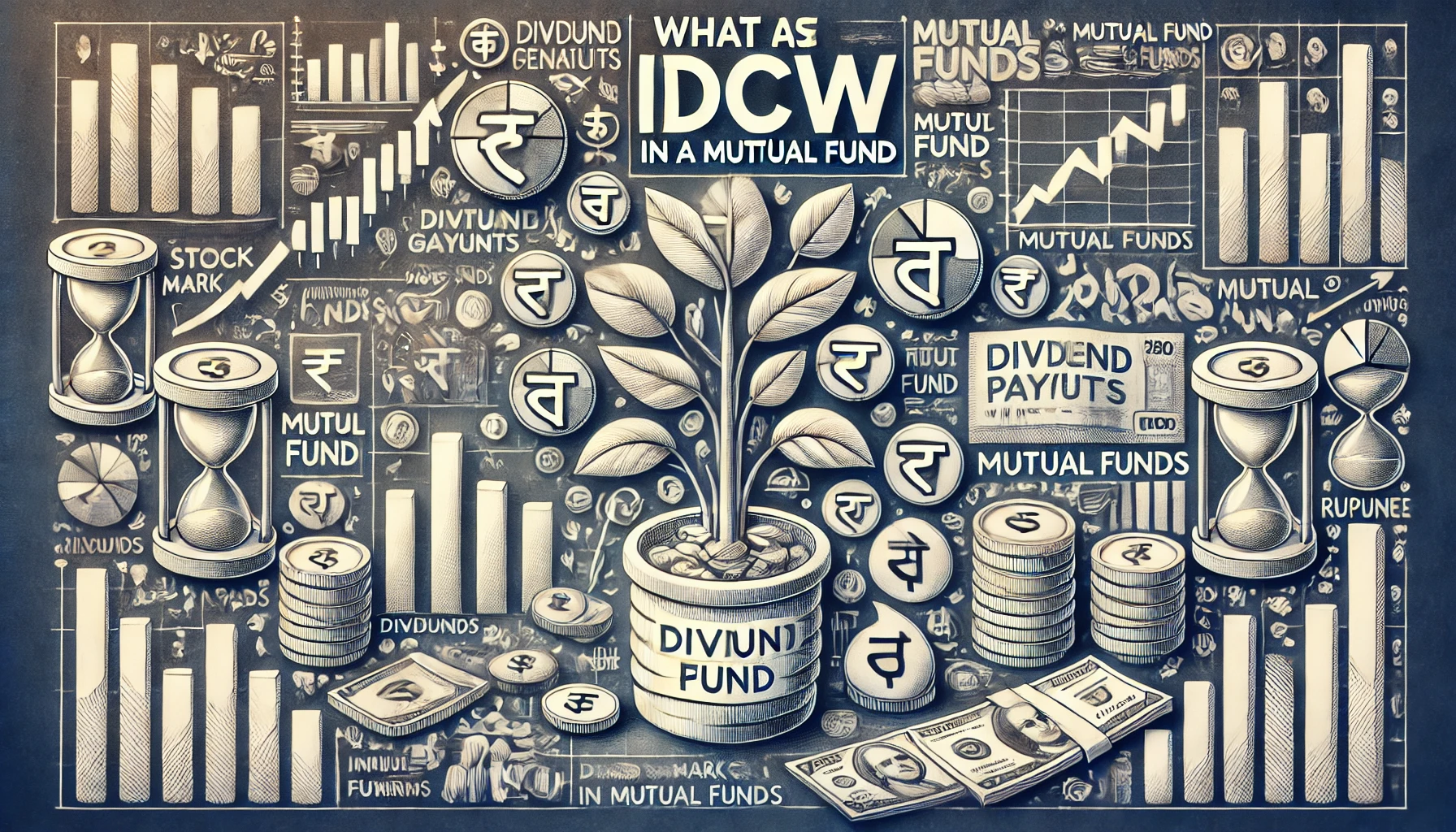
What is IDCW in a Mutual Fund?
Investing in mutual funds offers several options for investors looking to grow their wealth over …

What are growth funds?
Growth funds are a type of mutual fund that primarily focuses on capital appreciation by …

CAGR vs Absolute Returns
When investing in mutual funds, understanding your returns is essential to make informed decisions. Two …

What is a Capital Protection Fund?
A Capital Protection Fund (CPF) is a type of hybrid mutual fund designed to safeguard …

What Is Rupee Cost Averaging in Sip?
Rupee Cost Averaging (RCA) is a systematic investment strategy used in mutual fund investments, particularly …
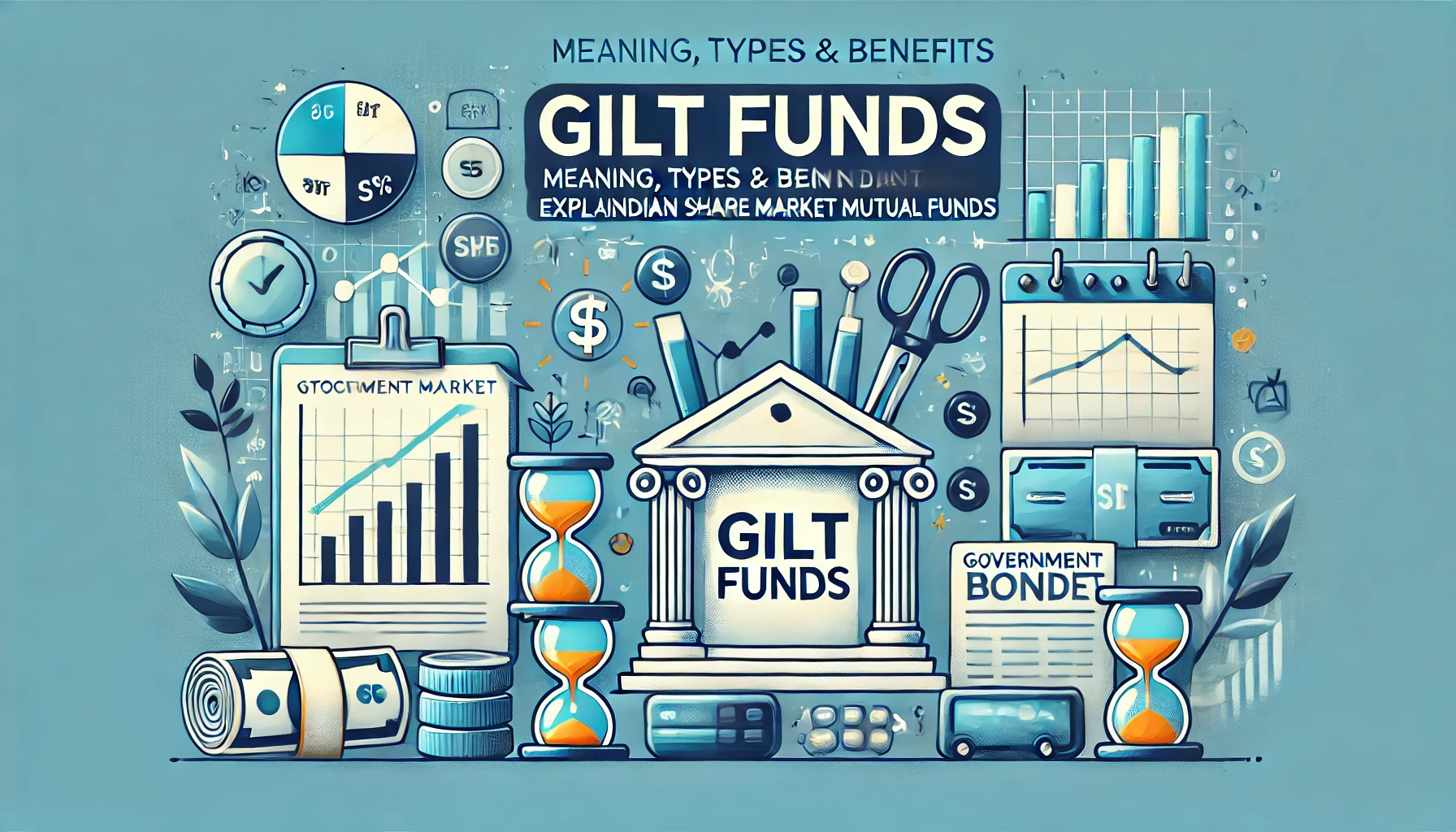
What are Gilt Funds
Investing in mutual funds can be an excellent way to grow your wealth while managing …
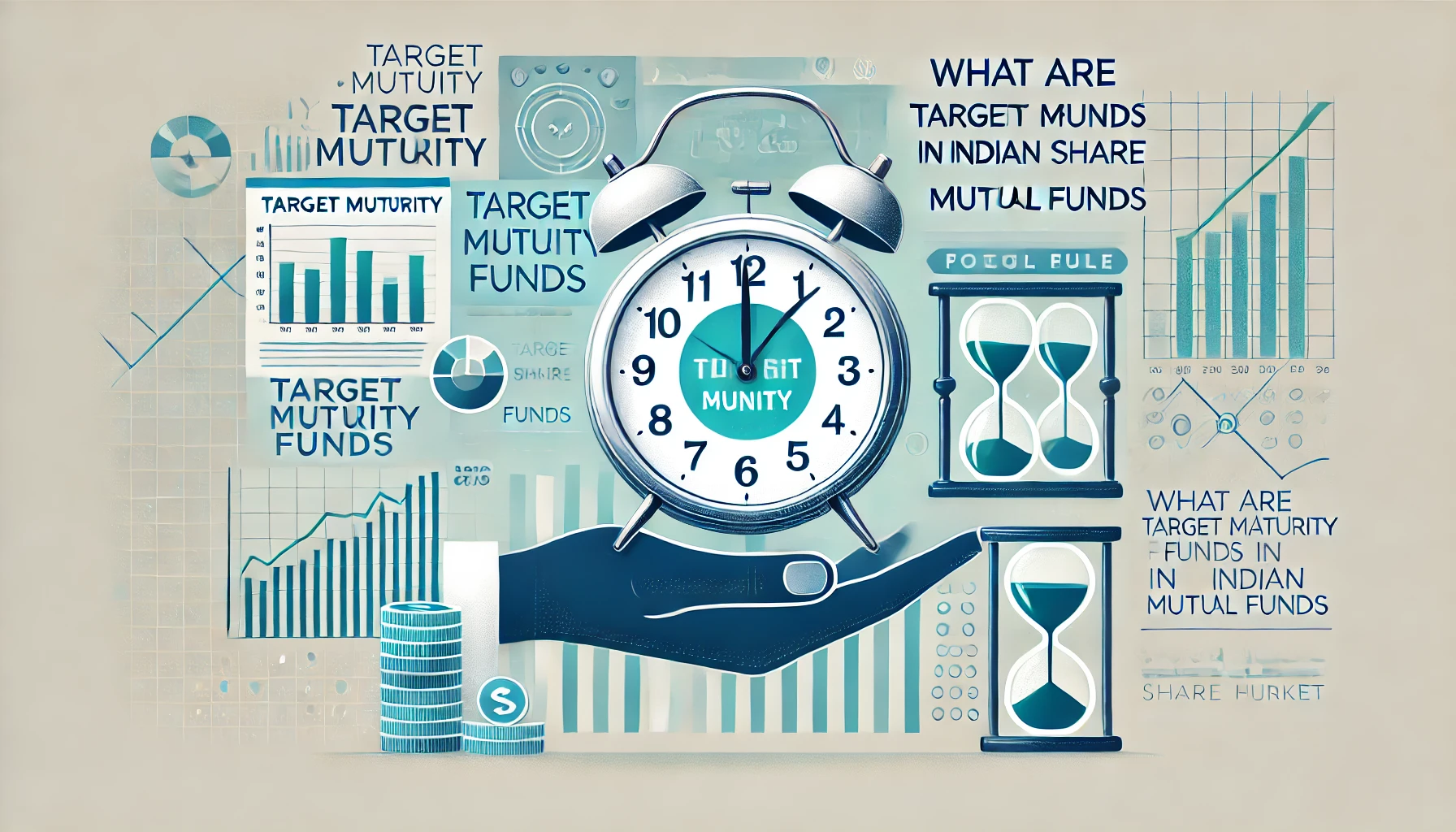
What is Target Maturity Funds?
Target Maturity Funds (TMFs) have gained attention in the Indian share market, offering a unique …
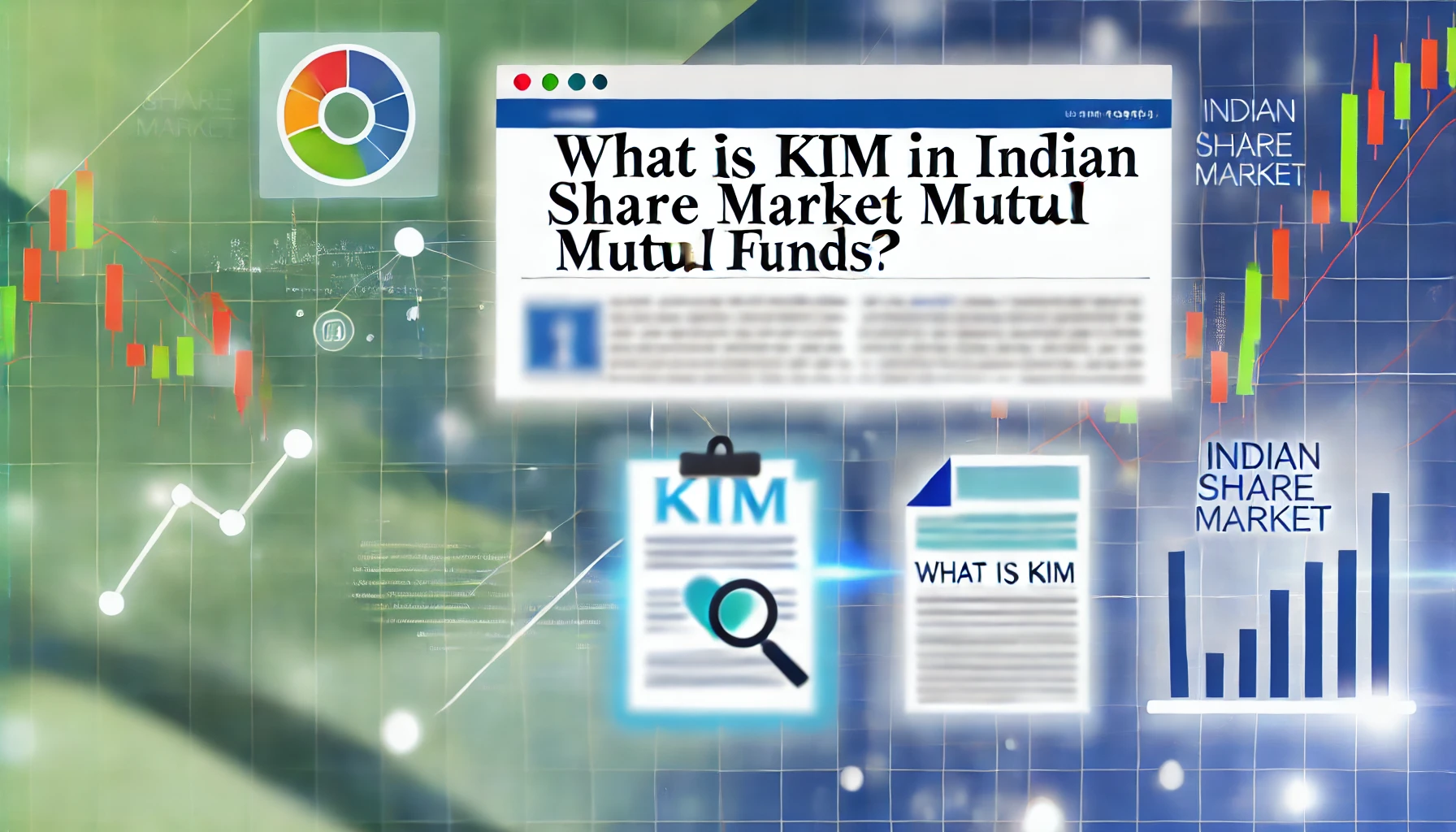
What is KIM?
When investing in Indian mutual funds, investors often come across a document known as the …

Trailing Returns vs Rolling Returns
When analyzing mutual fund performance, understanding returns is crucial for making informed investment decisions. Two …
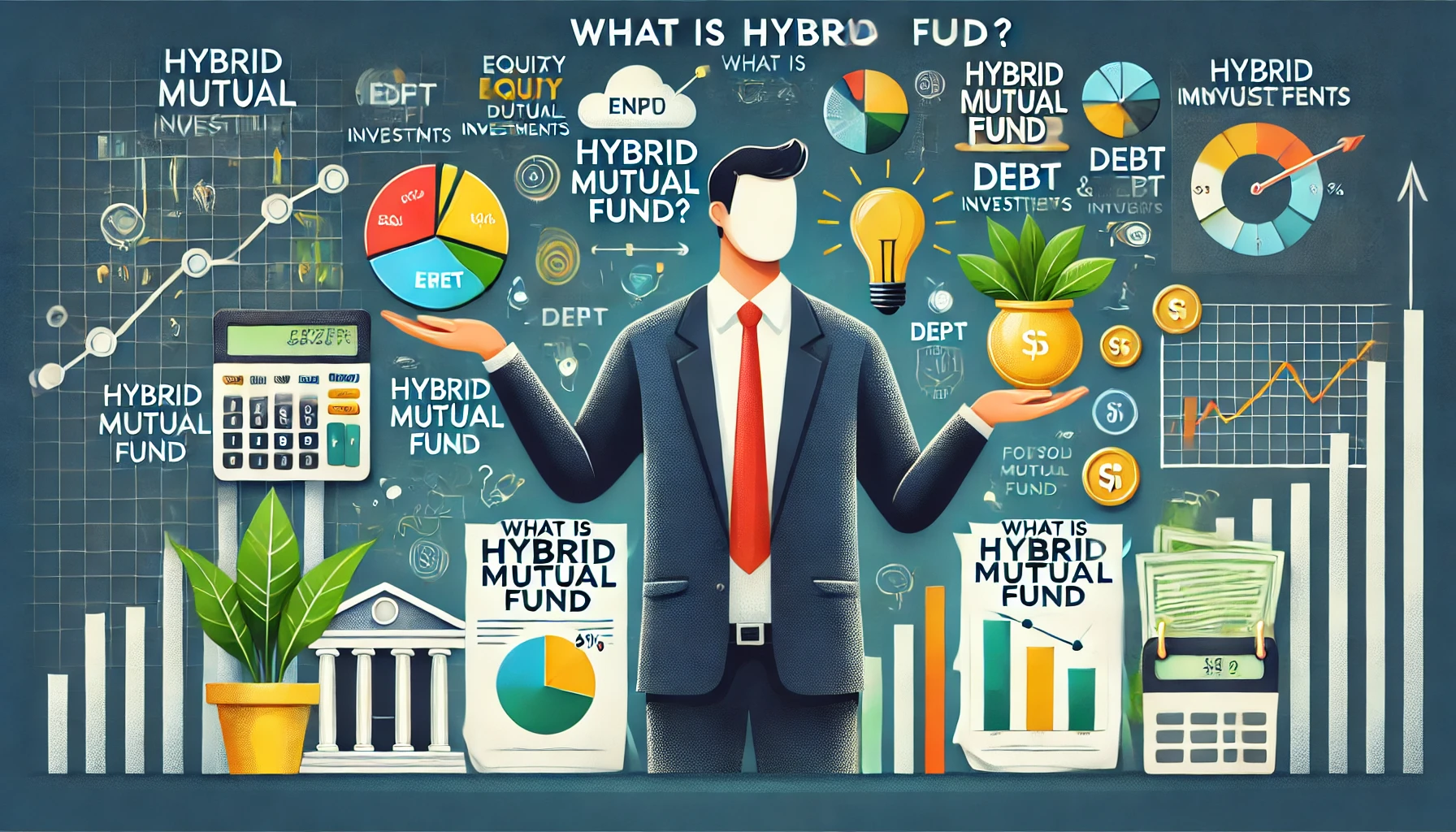
What is Hybrid Mutual Fund?
When investing in mutual funds, you typically aim to find the right balance between risk …
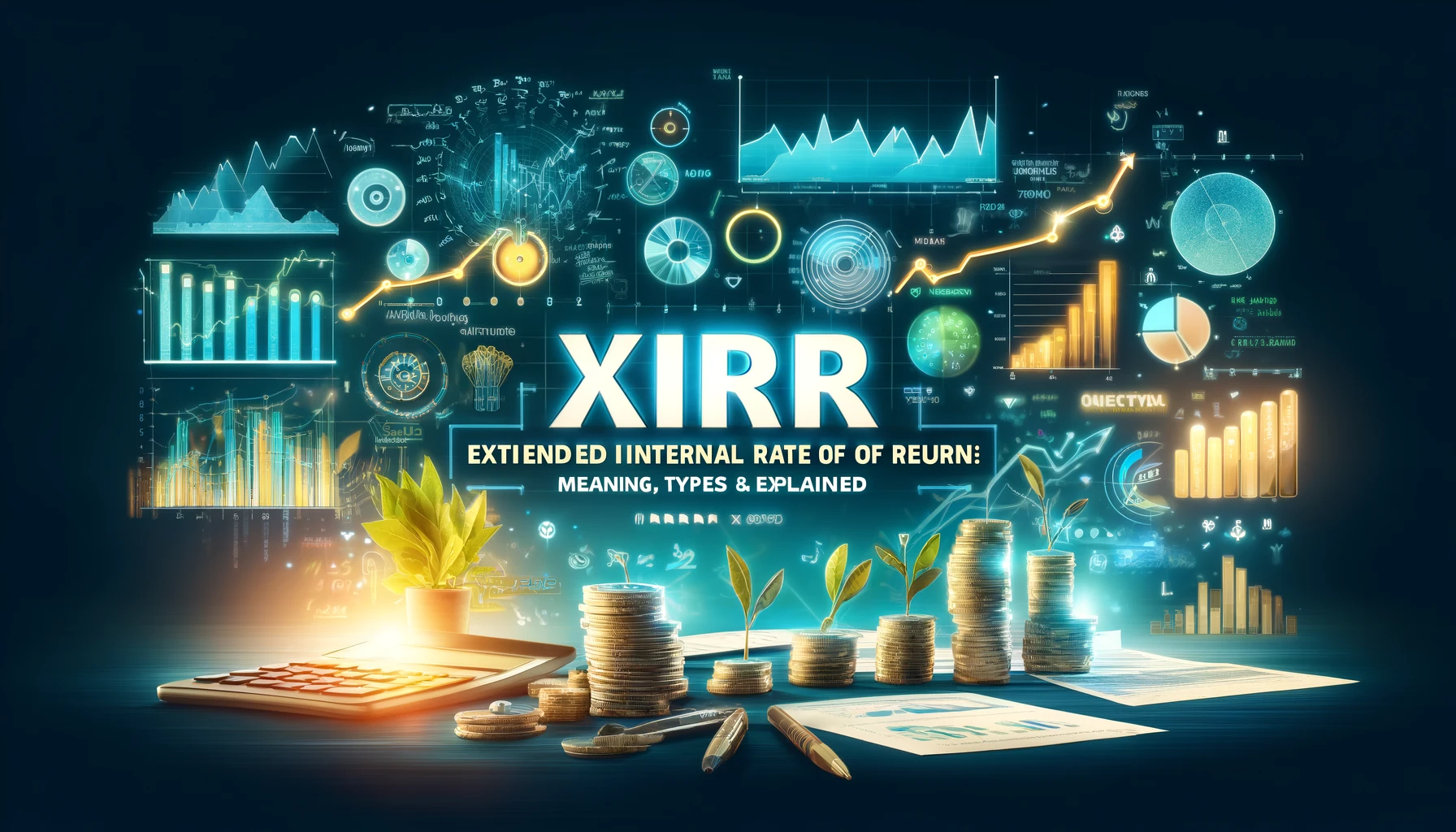
What is XIRR?
Investing in mutual funds is a popular choice for many investors in India, thanks to …

What is the Sharpe ratio?
In the world of mutual fund investing, one of the most crucial aspects to consider …

What is AMFI?
The Indian mutual funds industry has grown exponentially over the past two decades. This growth …
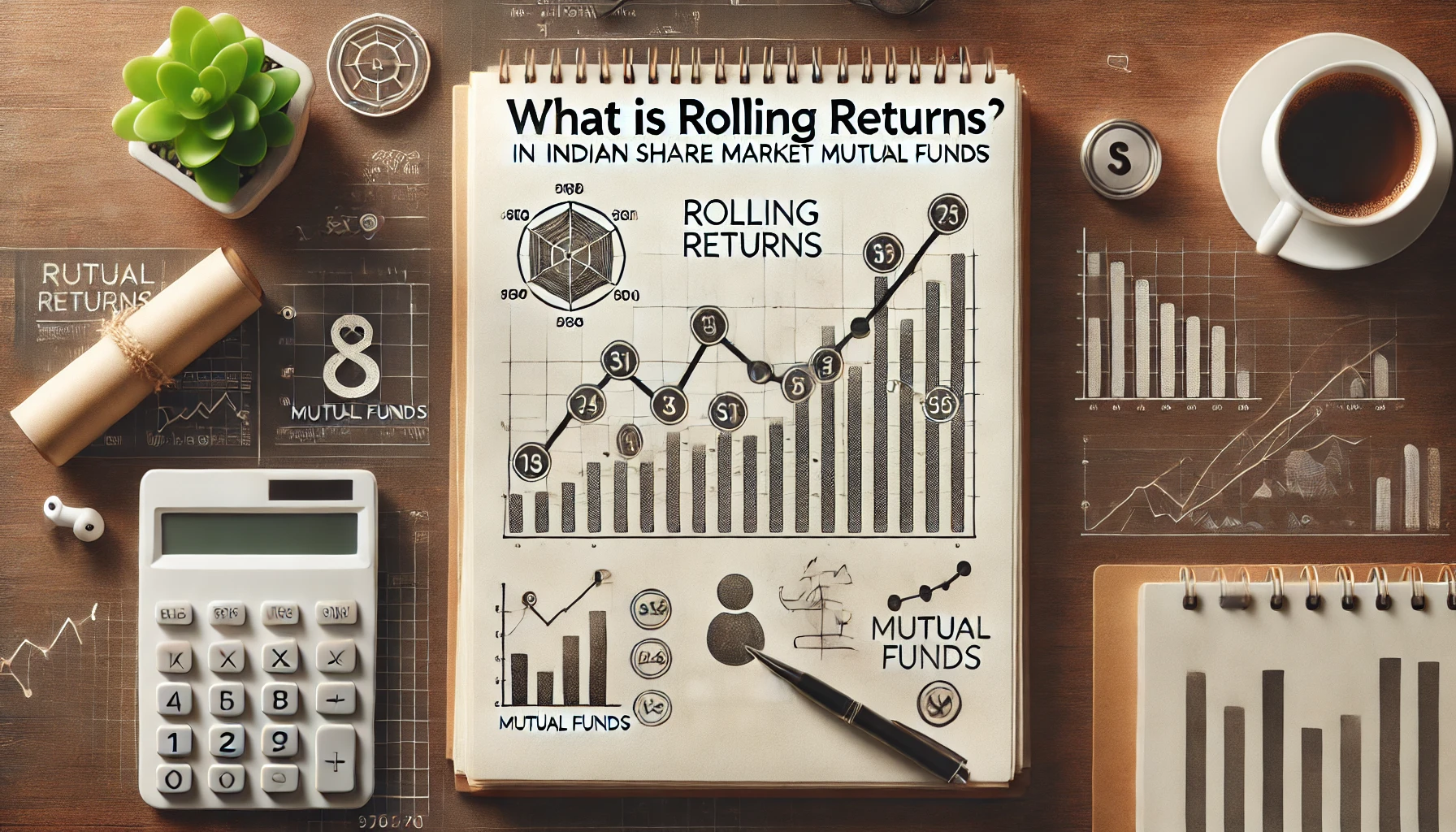
What is Rolling Returns?
Investing in mutual funds requires understanding various performance metrics to make informed decisions. One such …



















